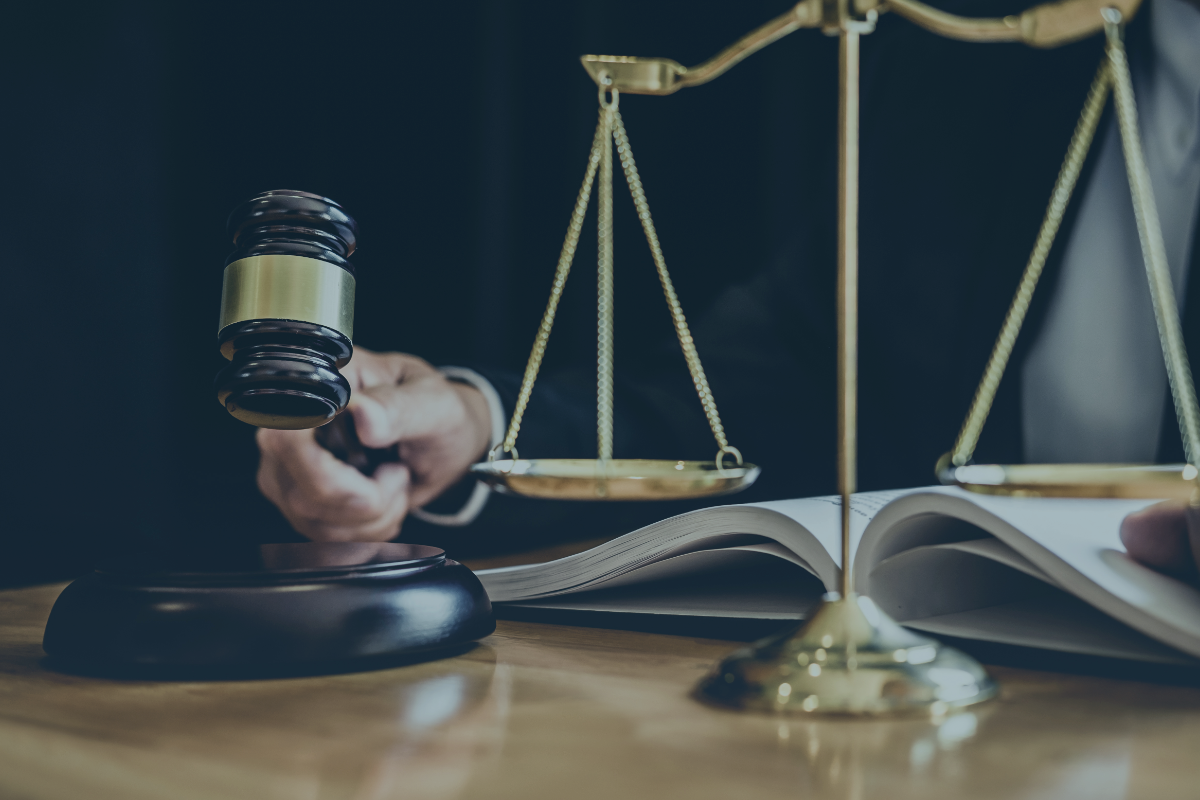FAIR DEBT COLLECTION PRACTICES ACT
The Fair Debt Collection Methods Act (FDCPA)– which came into force on March 1978, was created to stop abusive, misleading, and unfair debt collection practices. It also protects legitimate debt collectors from unfair competition and encourages the nation to take regular steps to safeguard customers from debt collection abuses.
What types of debts are covered under The Fair Debt Collection Practices Act?
The FDCPA does not cover any business debts. The debts which are listed below can be covered under FDCPA:
- Medical bills
- Student loans
- Mortgage loans
- Other household debts
- Credit card debt
- Auto loans
- Retail refinancing
FDCPA Coverage
- Debt Collectors That Are Covered
According to the FDCPA, a debt collector is someone who frequently collects or seeks to collect consumer debts on behalf of another person or entity, or collects consumer debts under a name other than their own.
- Debt Collectors That Are Not Covered
Under the FDCPA, an institution is not considered as a debt collector if it collects:
- Another institution’s debts in rare circumstances.
- Debts that are incurred and then sold, but which continues to service (for example, mortgage and student loans)
- Debts that were not in default at the time of acquisition.
- Debts included as collateral in a commercial credit transaction (for example, accounts receivable financing)
Prohibited Debt Collection Practices Under FDCPA
A debt collector may not harass, oppress, or abuse somebody when collecting a debt. He/She shouldn’t:
- Use violence or other unlawful tactics against another individual’s reputation, or property.
- Use rude, profane, or other abusive language toward the listener or reader.
- Annoy, abuse, or harass a debtor by repeatedly calling to their telephone number.
- Make phone calls without properly identifying himself or herself, unless to gain location information.
Special Considerations
- Debtors can also request that debt collectors cannot call their home phones, but they must do it in writing and email it to the debt collector. It’s a good idea to send the letter certified mail with a return receipt so you know the debt collector received it.
- If a collector does not have a debtor’s phone number, they can try calling relatives, neighbours, or acquaintances of the debtor, but they cannot reveal any information about the debt, including the fact that they are calling from a debt collection agency.
- The law prohibits debt collectors from harassing debtors in other ways, such as by threatening bodily damage or arrest. They are also forbidden from lying or using foul or indecent words. Furthermore, debt collectors cannot threaten to sue a debtor unless they intend to really sue the debtor.
What Acts Are Required Or Prohibited Under The FDCPA?
The Fair Debt Collection Practices Act (FDCPA) has a number of regulations that debt collectors must observe when collecting a debt, including:
- Prohibition of harassing or abusive behaviour.
- Prohibition of providing false or misleading information.
- Prohibition of using unfair or unreasonable measures to collect a debt.
- In the event of several debts, payments must be applied in accordance with the consumer’s instructions.
FDCPA Violations
Before you hire an attorney to stop debt collectors and report them for dishonest tactics, be aware that there are alternative options to stop debt collectors and report them for dishonest practices. Taking direct legal action against a debt collector might take a long time and be costly. You may also be held accountable for the debt collection agency’s legal fees if the court deems that the lawsuit was filed in bad faith.
Learn More
Are you getting calls from debt collectors? Learn more about the debt collection process and typical issues by reading our FAQs.




